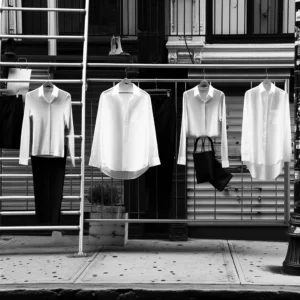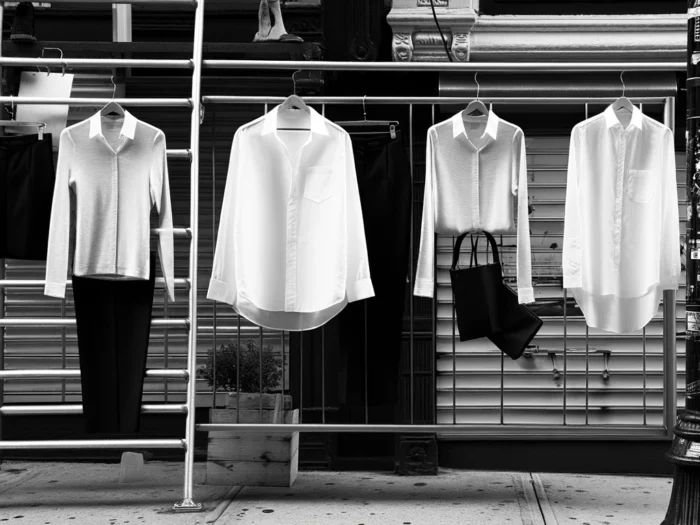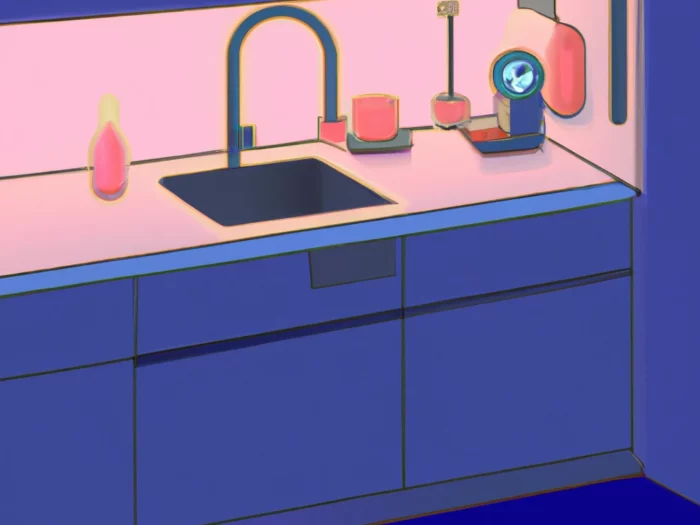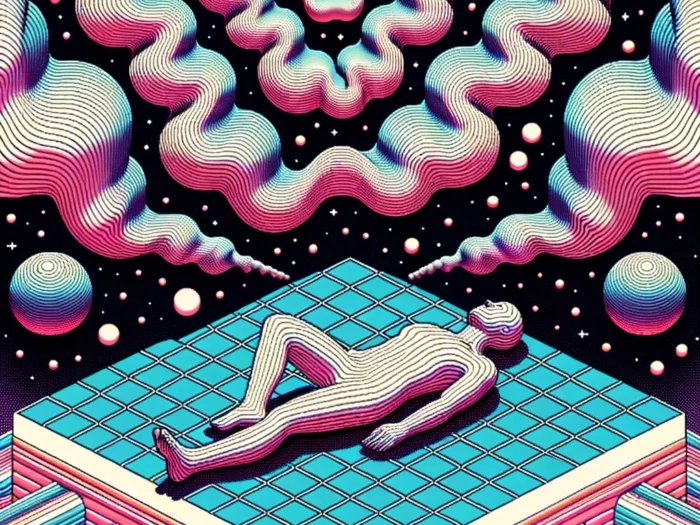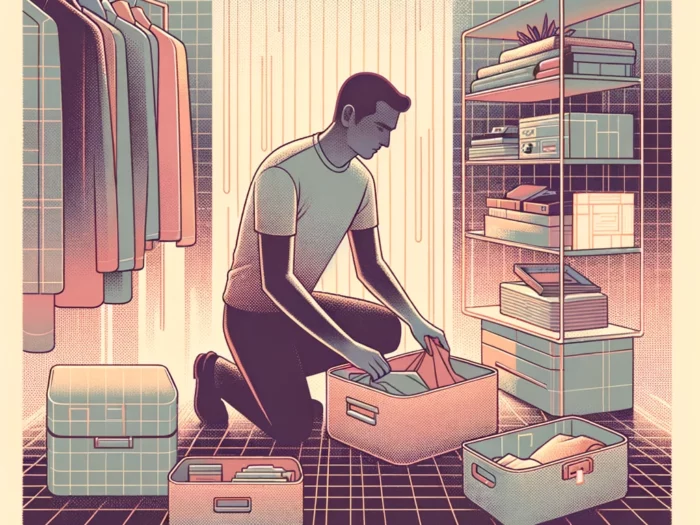
Today’s post is a guest post by Karen Trefzger.
Minimalism can seem daunting and undesirable to many people because they equate minimalism with owning nothing. They think minimalism means living alone in a white room with a mattress on the floor, and maybe a table and chair for eating, working, and everything else. They think it means owning two outfits and one set of dishes, a phone, a laptop, and no car or TV.
I suppose there are a few people in the world who want to live like that, but I don’t know any. It seems contradictory, but most minimalists are materialistic. Let me explain what I mean.
Why Do We Waste So Much?
One of the presenters at a home school convention I attended a several years ago was Cecile Andrews, author of The Circle of Simplicity: Return to the Good Life. According to my journal, during part of her talk she asked a question that we still haven’t answered:
Her theory is that we waste so much because our consumerist society teaches us not to care for our belongings. From fast food and fast fashion to continually upgraded devices, we consume more and more and toss things away for something new because none of what we buy has any value. We have no reason to care for something that is only of the moment and never meant to last. If we owned things worth caring for (such as a well-made dining table filled with memories of family dinners and celebrations), we wouldn’t replace them so often. We’d make them last.
Materialism And Consumerism Are Not The Same
While the terms materialism and consumerism are often used interchangeably, they’re actually opposites. The consumer loves to buy new things and experiences. Whether it’s the thrill of anticipation, the excitement of the hunt for a bargain, or the pride in acquiring the newest, trendiest, or most unique item, consumers revel in the act of buying. Their contentment is short-lived, because the act of buying is over quickly.
Materialists, on the other hand, actually prize their belongings. They appreciate quality and usefulness, and they take care of their possessions. They don’t want to rush out and buy something new and unneeded. Materialists find satisfaction in the act of owning. Their enjoyment is long-lasting, because ownership can go on for years.
That sounds like minimalism to me. Keep, use, care for, and appreciate what’s important to you, while reducing waste, clutter, stress, distraction, and debt.
Minimalists may strive to limit the number of unnecessary items in our homes, but taking care of what we own is a minimalist trait. When we keep possessions beautiful and functional, we enjoy them more and buy fewer new ones. It’s the cure for consumerism, and a big win for our wallets and the environment.
Once you have cleared out non-essentials, you can fully appreciate the things that are valuable to you. Will you refrain from tossing them for something else every time a new model appears? That’s part of what it means to be a minimalist in a maximalist world.
Taking Care Of The Things You Own
- Have you done routine maintenance on your car? Is it reasonably clean and clutter-free?
- Do you take care of repairs and maintenance around your home (i.e. fix the leak, clean the spot on the carpet, wash the windows and blinds, clear out the roof gutters, etc.)?
- Do you own clothing worth caring for, and do you take care (fold it/hang it up when you’re not wearing it, sew on missing buttons, treat stains, hand wash, etc.)?
- Do you clean your shoes and treat the leather?
- Do you keep your furniture dusted and polished as necessary?
- Do you vacuum upholstery, pillows, and mattresses occasionally (more often if you have pets)?
- Do you use all of your dishes and cooking implements, or are they just sitting in cupboards getting dusty?
- Have you cleaned your oven lately? Or your refrigerator?
- Do you back up your computer files and keep crumbs and dust off the keyboard and screen?
- Do you actually read the books, water and care for the plants, look at the pictures, and enjoy your art and other decorative objects, or are they just paperweights and dust catchers?
- Do you keep up with routine medical tests, eye exams, and dental care?
- Are you sleeping, exercising, hydrating, eating plenty of fruits and vegetables, and limiting highly processed foods?
- Are you learning, creating, and doing good in the world, or do you merely consume it?
Today’s post by: Karen Trefzger.
Karen Trefzger wanted to be a singer when she was 4. She studied piano and violin, and later began singing in church, at school, and in competitions. After college she became a choral director, and performed with several northern California orchestras and opera companies, where her flexible voice allowed her to sing both soprano and mezzo soprano roles.
Along the way Karen also discovered a love of reading and writing, and an interest in early childhood education. Her original intention to home school her children through first grade became an 18-year odyssey that ended with her youngest child going to college in 2007.
Karen’s journey as a minimalist began as a way to help her family thrive on her husband’s salary while she remained a stay-at-home mom. Over the last 20+ years she’s been inspired and instructed by writers and bloggers such as Elaine St. James, Vicki Robin, Leo Babauta, Joshua Becker, Courtney Carver, and Dan Erickson.





